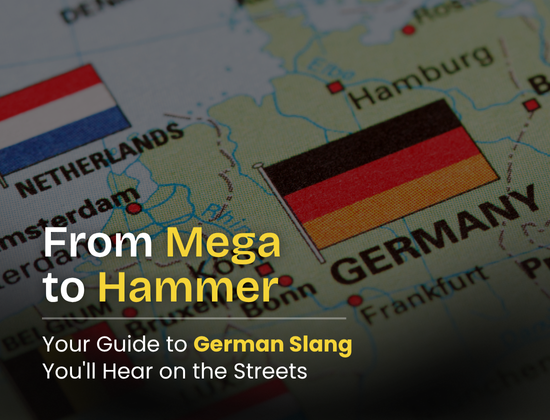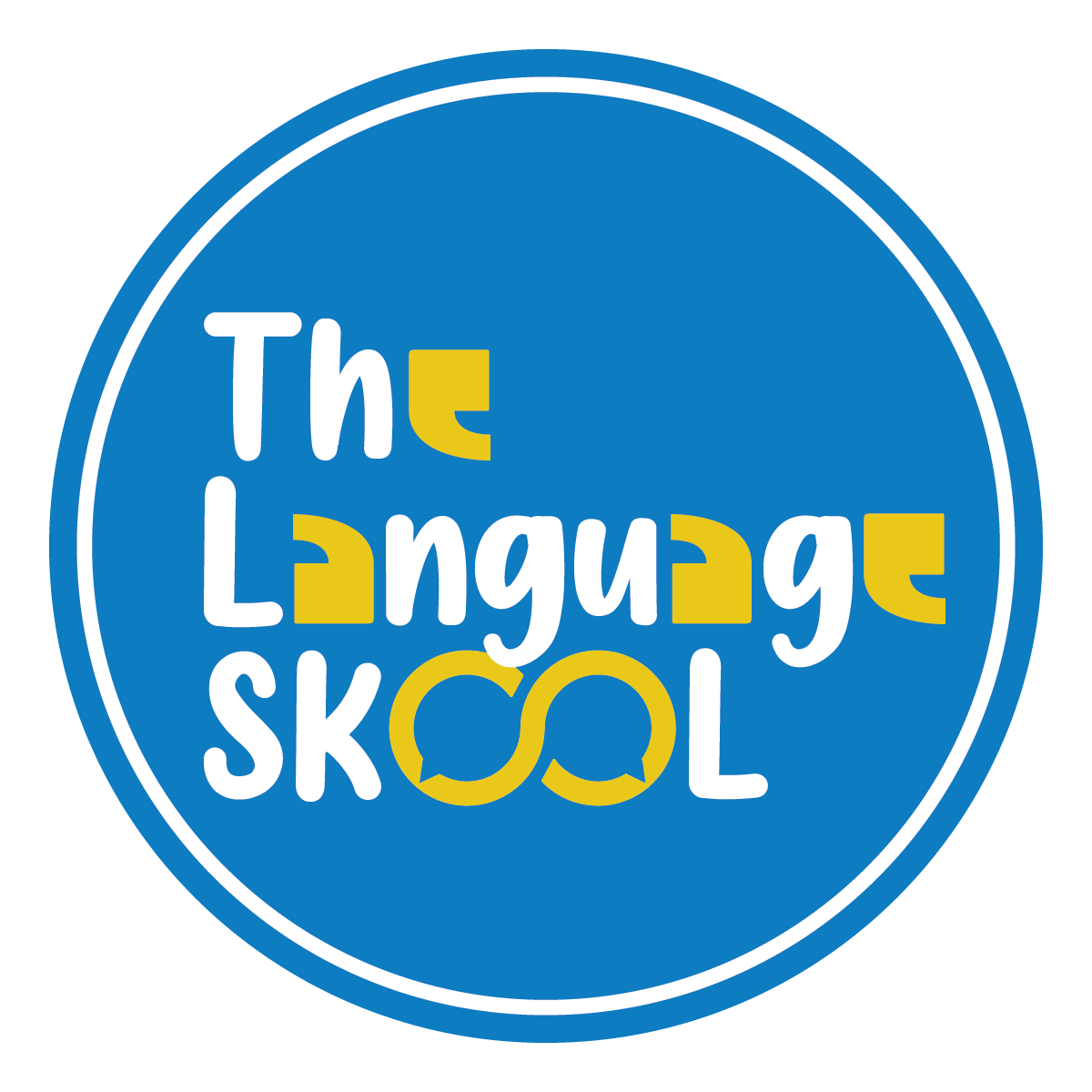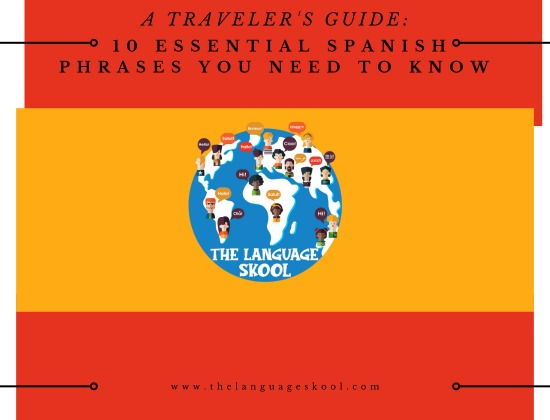
From Mega to Hammer: Your Guide to German Slang You'll Hear on the Streets
You've memorized your textbook phrases. You know how to order a beer, ask for directions, and conjugate verbs perfectly. But the moment you step onto a bustling street in Berlin or Munich, the conversations around you sound like a completely different language. That's because formal German is just the beginning. To truly connect and sound like a local, you need to understand the German slang words you’ll hear on the streets.
This isn't about formal rules; it's about the living, breathing language used in everyday life. Get ready to ditch the textbook and dive into the world of German street slang.
1. Express Yourself: The Cool and the Geil
Forget gut or toll. When Germans are excited about something, they reach for a different vocabulary. These are some of the most used German slang in daily conversation:
Mega: This is a classic. Used as an intensifier, it means "awesome," "cool," or "really great." It's one of the most popular German slang expressions and is a sign you’re in the know.
-
Example: “Die Party war echt mega!” (The party was really awesome!)
Krass: Another versatile word, krass can mean "extreme," "crazy," "intense," or even "cool." It's a go-to for reacting to a surprising story or a big event.
-
Example: “Du hast den Marathon gelaufen? Krass!” (You ran the marathon? Crazy!)
Hammer: This word for "hammer" is used as a slang term for something that's truly fantastic or mind-blowing. It's a key part of German street culture phrases.
-
Example: "Dein neues Auto ist fantastisch.!” (Your new car is fantastic)
2. Casual Conversations: The Everyday German Slang for a Local Vibe
To speak like a local, you need to master the small words that fill daily conversations. These German phrases for daily life will make you sound natural and fluent:
-
Na?: A truly unique greeting. Short for "Na, wie geht's?" ("Well, how are you?"), it's a simple, casual way to say "Hey, what's up?" or "What's new?"
-
Example: “Hey Alex, na?” (Hey Alex, what’s up?)
-
Moin: While Guten Tag is formal, Moin is the go-to greeting in Northern Germany, especially Hamburg. It’s an essential Berlin slang expression for tourists and locals alike. It can be used at any time of day!
-
Example: “Moin, alles klar?” (Hey, everything good?)
-
Jein: This handy word is a mash-up of ja (yes) and nein (no). You use it when your answer is somewhere in between. It's a great example of German idioms and slang.
-
Example: "Hast du das Spiel gesehen?" "Jein, nur die Highlights." (Did you see the game? "Yeah-no," just the highlights.)
3. The Young & The Restless: Modern German Language Trends
German youth culture words change fast, but a few have stuck around and become part of the broader, informal language. These German words used by youth are great for anyone wanting to sound a little more current.
-
Chillen: Taken from English "chill," it means to relax.
-
Example: “Wir gehen jetzt chillen.” (We're going to chill now.)
-
Läuft: Literally "running," it's used to say things are going well or everything is under control.
-
Example: "Wie läuft's bei dir?" "Läuft!" (How are things going for you? "It's going well!")
Learning these essential German slang for foreigners is your first step to unlocking authentic communication. These German informal expressions are a peek into the soul of the language. They show that you’re not just reciting words from a book; you’re engaging with the culture.
The best way to master these phrases is by hearing them in context. So, next time you're on the streets, tune your ear to the German slang every traveler should know, and you'll find yourself speaking like a local in no time. Of course, mastering slang is just one part of the journey. For a solid foundation in grammar and vocabulary—the kind of knowledge that truly unlocks fluency—consider a structured course. At The Language SKOOL, they don't just teach you the rules; they teach you how to use them to sound confident, whether you're in a boardroom or a beer garden. Their expert trainers are ready to guide you from beginner to fluent, helping you master German for any situation.












